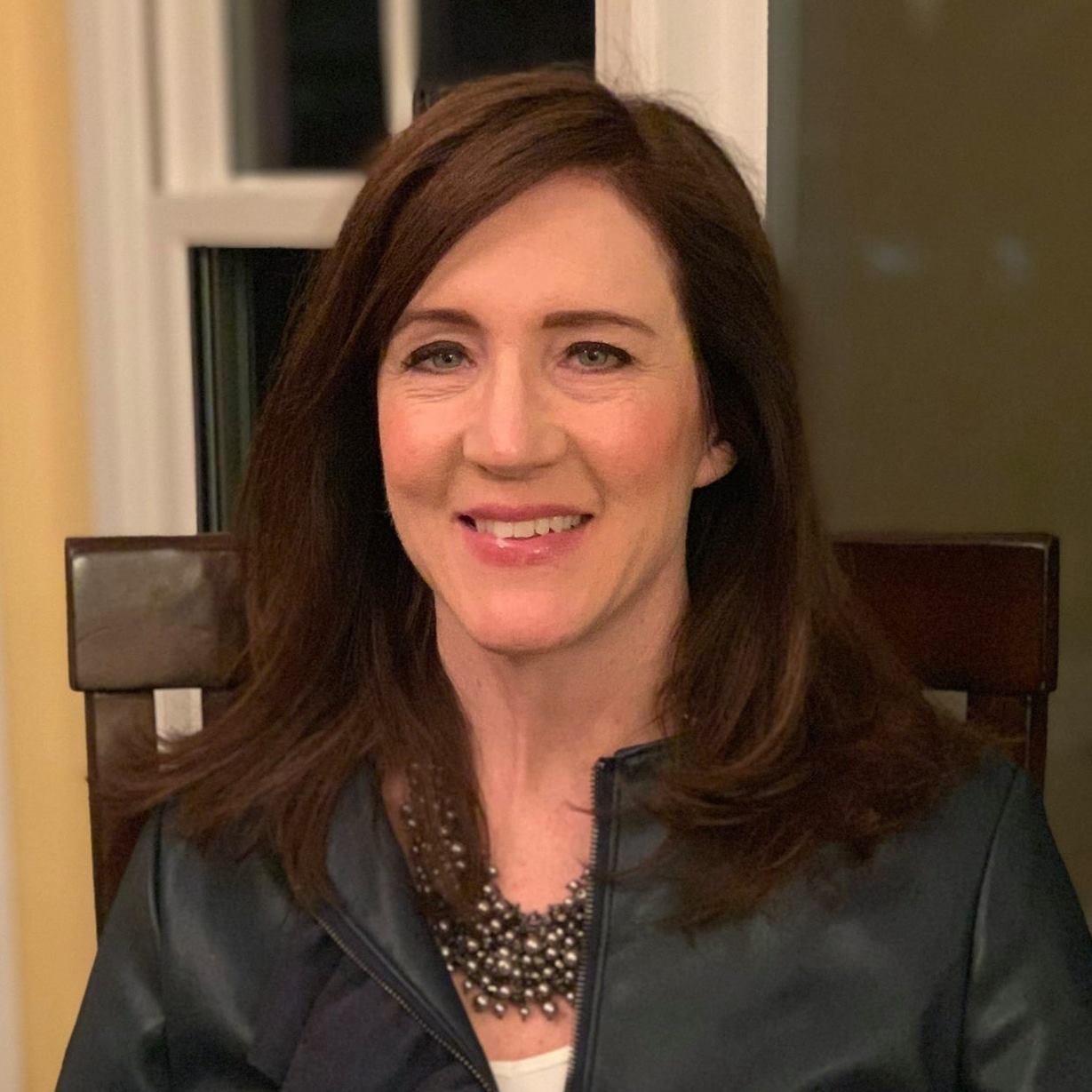State board OKs social studies standards after heated debate
 Jennifer Chambers
Jennifer ChambersLansing — Michigan's K-12 students will be learning under new social studies standards — albeit in five years — after a vote Tuesday by the State Board of Education.
After 2 1/2 hours of public comment and a heated debate among board members, the panel voted 6-2 to adopt the standards and an amendment that calls for more information on Sikhism to be included in the standards.

"Now the work begins in the school districts. They are looking forward to having a decision made," said Sheila Alles, interim state superintendent of public instruction. "We have new standards for first time in 12 years."
The 146-page revised standards, which have garnered controversy statewide and nationally, include more examples and references to the roles women, minority organizations, Muslims and African-Americans played in history.
Two Republican members of the state board, Tom McMillin and Nikki Snyder, voted against adoption. McMillin, an Oakland Township resident who's the board treasurer, tried to have the proposed standards sent out for external review. His motion failed.
Nearly two dozen people spoke out against the standards, calling them unfair or unbalanced.
Tami Carlone, a Republican candidate for state board in 2018, said she thinks they are "extremely politically biased."
"These standards lack critical pieces of history that our children should know, pushing an agenda on our children … This is educational malpractice," Carlone said.
Several members of the Michigan Sikh community asked the board to include more information and correct some information in the standards on their religion, which is the fifth-largest in the world.
Sikh community member Harleen Kaur of Troy praised the board’s decision, which she says will give more than 1.4 million public school students in Michigan the opportunity to accurately learn about the religion and its adherents.
“As an educator and parent with children in Michigan public schools, these new standards are a milestone in creating safe and inclusive classrooms,” Kaur said. “The Board of Education’s vote to approve social studies standards that are more inclusive signals a positive step forward for all students.”
Sikhism has about 500,000 followers in the United States. The Sikh religious articles of faith, including the turban and unshorn hair, represent a commitment to justice, tolerance and equality for all.
The board received a presentation on the standards from the Michigan Department of Education in April after it held 18 public sessions on the proposed revisions and recorded 5,000 responses from the public. Multiple workgroups of several cultural/ethnic communities reviewed the draft standards.
Board member Lupe Ramos-Montigny called the standards fair, unbiased and exciting.
"Everyone thinks different. You have standards that incorporate many peoples. These people represent our students," Ramos-Montigny, D-Grand Rapids, said. "It’s a new beginning."
The standards, which set expectations for what students are to learn by the end of each grade, drew attention and controversy last year after proposed revisions offered by then-Republican state Sen. Patrick Colbeck included removing references to climate change, gays and lesbians, and the phrase "core democratic values."
The latest proposed standards use the phrase "democratic values."
In the current set of standards before the state board, the term "climate change" appears six times; it had been removed twice in the 2018 proposed changes. It was only found twice in the current 2007 standards.
The words "gay and lesbian" were removed from the 2018 proposed standards and put back in the 2019 version. The terms are already in the current version.
Education officials said once approved, it would take roughly five years for teachers to undergo professional development and for the standards to be written into the state assessment.
jchambers@detroitnews.com